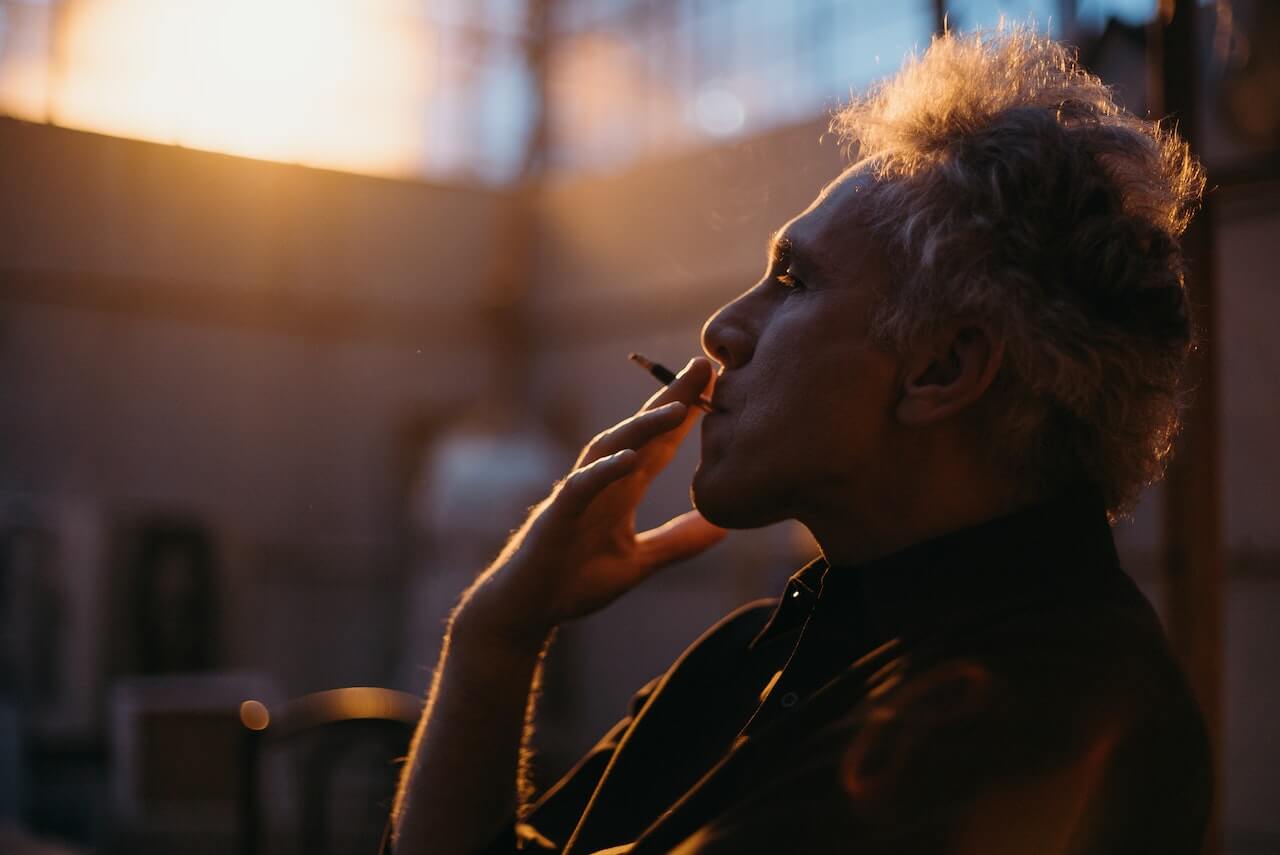The inevitable Health Police of socialized healthcare

New Zealand is banning the use of tobacco like cigarettes and chew. By its own logic, it should go much further.
The justification for this ban is minimizing health system costs. New Zealand's Health Minister, who introduced the law, stated, "the health system will be NZ$5 billion (US$3.2 billion) better off from not needing to treat the illnesses caused by smoking". The logic is clear: New Zealand's government claims authority to dictate people's behavior to reduce costs for the health system.
Using tobacco is hardly the only thing that harms people's health, and increases health system costs. Obviously, the use of alcohol should also be banned. It's toxic to the human body and is the cause of considerable disease and accidental death. It doesn't matter if it has a place in New Zealand's culture, or is appreciated by many citizens. By New Zealand's logic, it is unacceptable.
Of course New Zealand can't stop with tobacco and alcohol. Nutrition is widely considered the primary determinant of overall health. The best way to reduce health system costs is to ban the use of unhealthy food. At the very least, New Zealand should ban consumption of all foods containing added sugar. Cake, pie, cupcakes, muffins, pancakes, bread, etc. Obviously, the government should also outlaw sugar in its raw form.
If New Zealand's government can prohibit certain behaviors, can it require certain behaviors? Can it compel people to exercise? Exercise is another great way to keep people healthy and reduce health system costs. The government should impose a required healthcare regimen.
For all these bans and requirements there needs to be law enforcement. Ordinary police have enough on their hands. New Zealand should introduce Health Police to cite and/or arrest anyone who is not using their body in compliance with government rules.
Imagine a New Zealand where health system costs have been minimized. No, you won't be able to easily distinguish it from other despotic governments that control people's bodies. But minimizing health system costs is more important than human freedom! At least that's what New Zealand is declaring.
Yes, tobacco products are generally bad for people. For example, cigarettes are a primary cause of lung cancer. It would be great if people weren't deliberately using gross, disease-causing products. But when a government dictates what people can't do (and must do) with their own bodies, it's a bad government. "You can't show your hair." "You must serve as a soldier." How many times do we need to learn this lesson? How many ways?
It doesn't matter whether a government controls people on the grounds of religion, philosophy, or budget. The implication is the same: individuals don't own themselves, the collective does – which really means the government does.
New Zealand made a mistake by banning tobacco products, because no government has the moral authority to control what people do with their own bodies. But this mistake was inevitable since New Zealand socialized its healthcare system with the Social Security Act of 1938.
Socialized healthcare politicizes healthiness. In other words, it pushes the government to control people's health. This is inevitable. When the government is responsible for healthcare, it will eventually try to force people to be healthy.
We've written about health mandates before. They're a cure worse than the disease. The underlying problem is socializing free markets. No government has the moral authority to take over a market. That's why logic based on the premise of "socialized healthcare" seems so obviously wrong.
